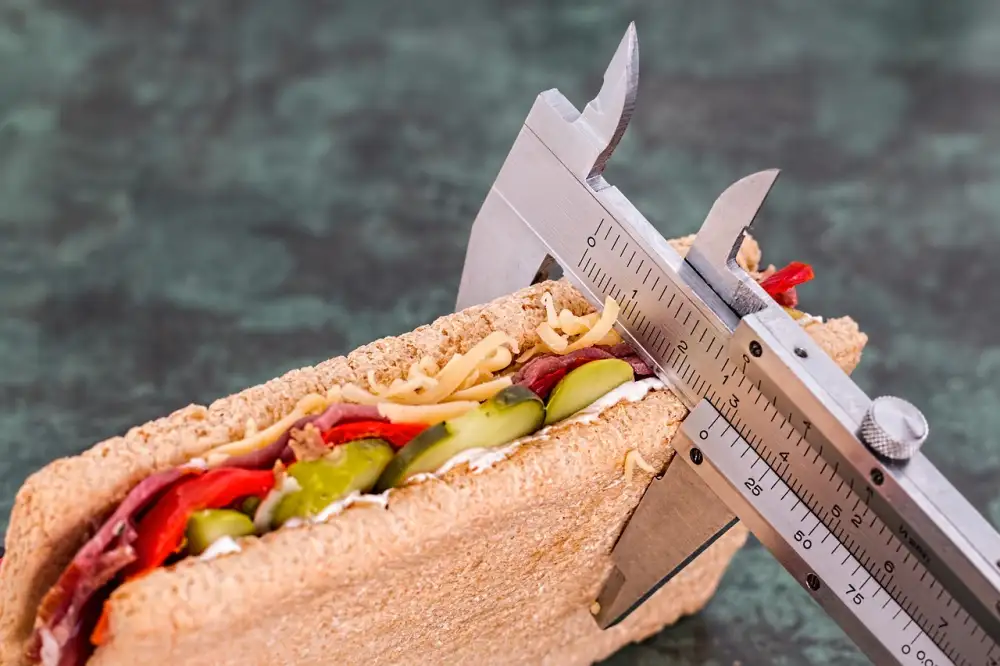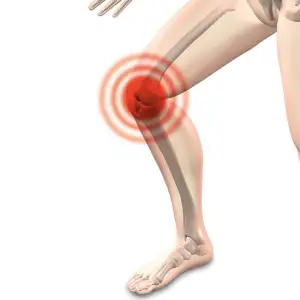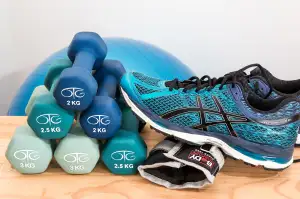Delicious and Nutritious Weight Loss Meals: Fueling Your Journey to a Healthier You

- Understanding the Importance of a Balanced Diet
- Incorporating Lean Proteins into Your Meals
- Including Fiber-Rich Foods for Satiety
- Emphasizing the Role of Fruits and Vegetables
- Choosing Whole Grains for Sustained Energy
- Avoiding Processed Foods and Added Sugars
- Portion Control and Mindful Eating
- Incorporating Healthy Fats for Nutrient Absorption
- Hydration and its Impact on Weight Loss
- Meal Planning and Prepping for Success
Embarking on a weight loss journey can be both exciting and challenging. One of the key factors in achieving sustainable weight loss is adopting a healthy and balanced diet. This means fueling your body with nutritious meals that not only support your weight loss goals but also provide essential nutrients for overall well-being. In this article, we will explore the importance of incorporating lean proteins, fiber-rich foods, fruits and vegetables, whole grains, healthy fats, and hydration into your weight loss meals. By understanding the role of each component and implementing mindful eating practices, you can nourish your body while shedding those extra pounds. So let's dive in and discover the delicious and nutritious world of weight loss meals!
Understanding the Importance of a Balanced Diet
When it comes to weight loss, a balanced diet is key. It's not just about cutting calories; it's about nourishing your body with the right nutrients. A balanced diet ensures that you're getting all the essential vitamins, minerals, and macronutrients your body needs to function optimally.
A balanced diet consists of a variety of foods from different food groups. This includes lean proteins, whole grains, fruits and vegetables, and healthy fats. Each food group provides unique benefits and plays a crucial role in supporting your weight loss journey.
By incorporating a balanced diet into your meals, you'll not only promote weight loss but also improve overall health. It will help stabilize blood sugar levels, boost metabolism, enhance digestion, and provide sustained energy throughout the day.
Remember, achieving sustainable weight loss is not about deprivation or extreme measures. It's about finding the right balance and nourishing your body with wholesome foods that fuel your journey to a healthier you.
Incorporating Lean Proteins into Your Meals
Incorporating lean proteins into your meals is essential for weight loss and overall health. Protein helps to build and repair tissues, supports muscle growth, and keeps you feeling full and satisfied. Opt for lean sources of protein such as chicken breast, turkey, fish, tofu, beans, and lentils. These options are low in fat and calories but high in nutrients. Be creative with your protein choices by adding them to salads, stir-fries, or wraps. By including lean proteins in your meals, you'll not only promote weight loss but also maintain muscle mass and support a healthy metabolism.
Including Fiber-Rich Foods for Satiety
When it comes to weight loss, feeling satisfied after a meal is crucial. One way to achieve this is by incorporating fiber-rich foods into your meals. Fiber not only aids in digestion but also helps you feel fuller for longer periods of time.
Include foods such as whole grains, legumes, fruits, and vegetables in your meals. These foods are packed with dietary fiber that adds bulk to your meals without adding excessive calories. They also help regulate blood sugar levels and prevent cravings.
Try adding beans or lentils to soups and salads, swapping refined grains for whole grain options like brown rice or quinoa, and snacking on fresh fruits and raw veggies. By including fiber-rich foods in your weight loss meals, you'll stay satisfied and less likely to overeat, making it easier to reach your goals.
Emphasizing the Role of Fruits and Vegetables
When it comes to weight loss meals, fruits and vegetables play a crucial role in providing essential nutrients while keeping calorie intake in check. These colorful powerhouses are packed with vitamins, minerals, and antioxidants that support overall health and weight management.
Including a variety of fruits and vegetables in your meals not only adds flavor and texture but also increases satiety. Their high water content helps keep you hydrated while filling you up with fewer calories. Additionally, their fiber content aids digestion and promotes a feeling of fullness, preventing overeating.
To maximize the benefits, aim to include a rainbow of fruits and vegetables in your diet. Opt for leafy greens like spinach or kale, vibrant berries bursting with antioxidants, crunchy bell peppers rich in vitamin C, or sweet potatoes packed with fiber. Experiment with different cooking methods such as roasting, steaming, or sautéing to enhance flavors while retaining their nutritional value.
Remember to prioritize whole fruits over fruit juices as they contain more fiber and fewer added sugars. Incorporating fruits and vegetables into every meal is an excellent way to nourish your body while promoting sustainable weight loss. So go ahead and fill your plate with nature's bounty for a healthier you!
Choosing Whole Grains for Sustained Energy
Choosing whole grains for sustained energy is an essential component of a nutritious weight loss meal. Unlike refined grains, which have been stripped of their bran and germ, whole grains retain these nutrient-rich parts. This means they are packed with fiber, vitamins, minerals, and antioxidants that promote good health.
Whole grains provide a slow and steady release of energy, keeping you feeling fuller for longer and preventing blood sugar spikes. Examples of whole grains include quinoa, brown rice, oats, barley, and whole wheat bread or pasta.
When selecting whole grain products, it's important to read labels carefully. Look for the words "whole" or "whole grain" as the first ingredient on the list. Avoid products that contain refined grains or added sugars.
Incorporating whole grains into your weight loss meals can be as simple as swapping white rice for brown rice or choosing whole wheat bread instead of white bread. Experiment with different types of whole grains to add variety to your meals while reaping the benefits of sustained energy throughout the day.
Avoiding Processed Foods and Added Sugars
When it comes to weight loss meals, one of the key factors to consider is avoiding processed foods and added sugars. These types of foods are often high in calories, low in nutrients, and can lead to weight gain. Processed foods are typically loaded with unhealthy fats, sodium, and artificial additives that can negatively impact your health. Added sugars, found in sugary drinks, desserts, and processed snacks, can spike blood sugar levels and contribute to cravings and overeating. Instead, focus on whole foods that are minimally processed and naturally sweetened with fruits or honey. By eliminating processed foods and added sugars from your diet, you'll be fueling your body with nutritious ingredients that support sustainable weight loss.
Portion Control and Mindful Eating
Portion control and mindful eating play a crucial role in achieving sustainable weight loss. It's important to be aware of the quantity of food you consume and to listen to your body's hunger and fullness cues. Start by using smaller plates and bowls to help control portion sizes. Chew your food slowly and savor each bite, allowing yourself to fully enjoy the flavors and textures. Avoid distractions such as TV or smartphones while eating, as they can lead to mindless overeating. By practicing portion control and mindful eating, you can nourish your body with the right amount of food it needs for optimal health and weight management.
Incorporating Healthy Fats for Nutrient Absorption
While it may seem counterintuitive to include fats in a weight loss meal plan, healthy fats are essential for optimal nutrient absorption. Certain vitamins, such as vitamins A, D, E, and K, are fat-soluble, meaning they require dietary fat to be properly absorbed by the body.
Including sources of healthy fats like avocados, nuts and seeds, olive oil, and fatty fish can enhance the bioavailability of these important nutrients. Additionally, healthy fats provide satiety and help you feel fuller for longer periods of time.
Remember to consume these fats in moderation as they are still calorie-dense. Aim to incorporate small amounts into your meals to reap their nutritional benefits without sabotaging your weight loss goals.
Hydration and its Impact on Weight Loss
Hydration plays a crucial role in weight loss. Drinking an adequate amount of water helps to boost metabolism, which can aid in burning calories. Additionally, staying hydrated can help reduce feelings of hunger and prevent overeating. Water also helps to flush out toxins from the body and supports proper digestion. Aim to drink at least 8 glasses of water per day, and consider incorporating hydrating foods such as cucumbers and watermelon into your meals. Remember, staying hydrated is essential for overall health and can contribute to successful weight loss.
Meal Planning and Prepping for Success
Meal planning and prepping is a crucial aspect of successful weight loss. By taking the time to plan your meals in advance, you can ensure that you have nutritious options readily available, making it easier to stick to your goals. Set aside a specific day each week to plan your meals, create a shopping list, and prepare ingredients ahead of time. This will save you time and prevent impulsive food choices. Invest in reusable containers to portion out your meals for the week, making it convenient to grab and go when hunger strikes. With proper meal planning and prepping, you'll be well-equipped to stay on track with your weight loss journey.
In conclusion, nourishing your body with delicious and nutritious weight loss meals is essential for sustainable weight loss. By understanding the importance of a balanced diet, incorporating lean proteins, fiber-rich foods, fruits and vegetables, whole grains, and healthy fats, you can fuel your journey to a healthier you. Avoiding processed foods and added sugars, practicing portion control and mindful eating, staying hydrated, and meal planning are also crucial for success. Remember, it's not just about losing weight; it's about nourishing your body for long-term health and well-being.
Published: 10. 12. 2023
Category: Health



